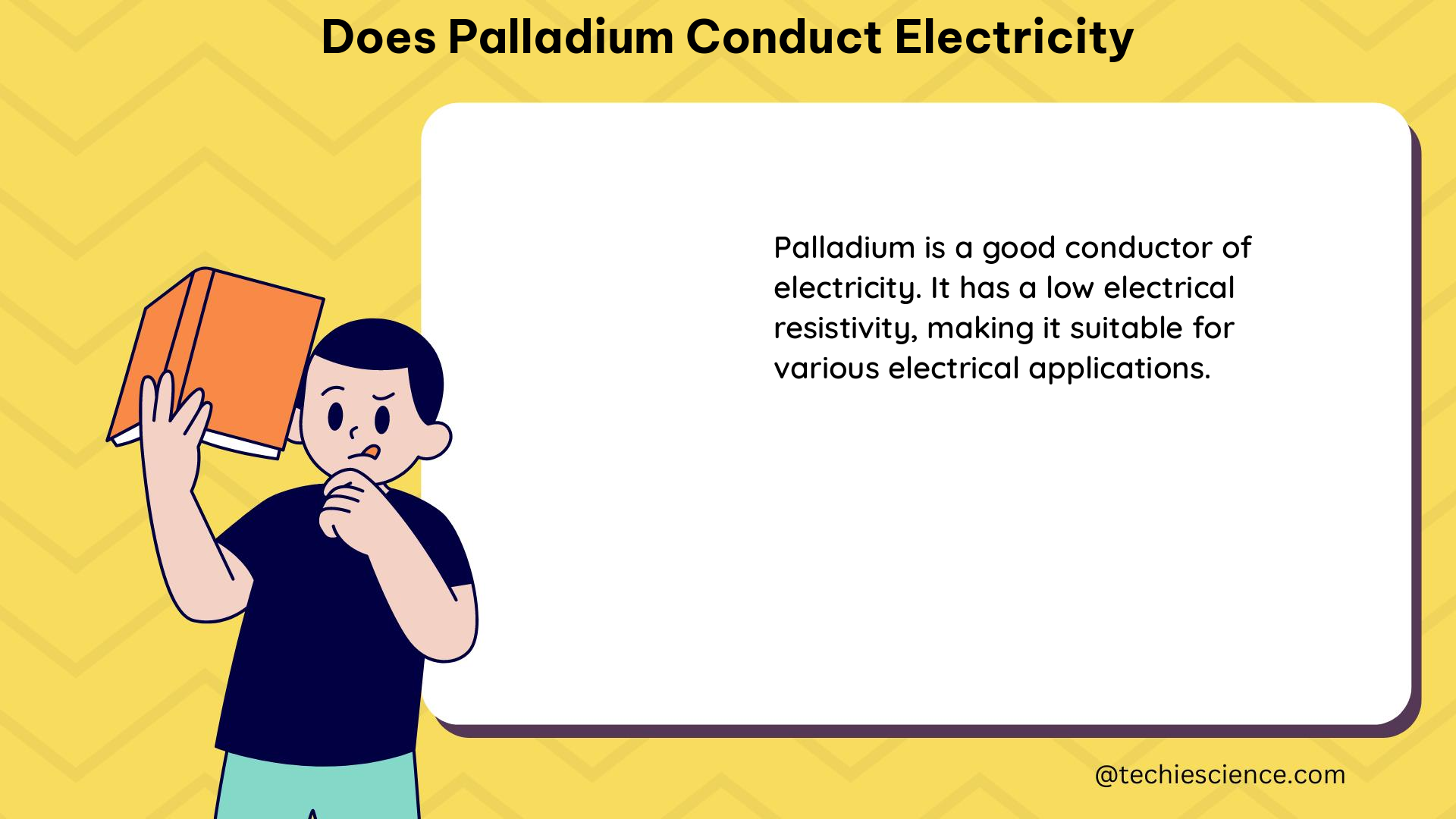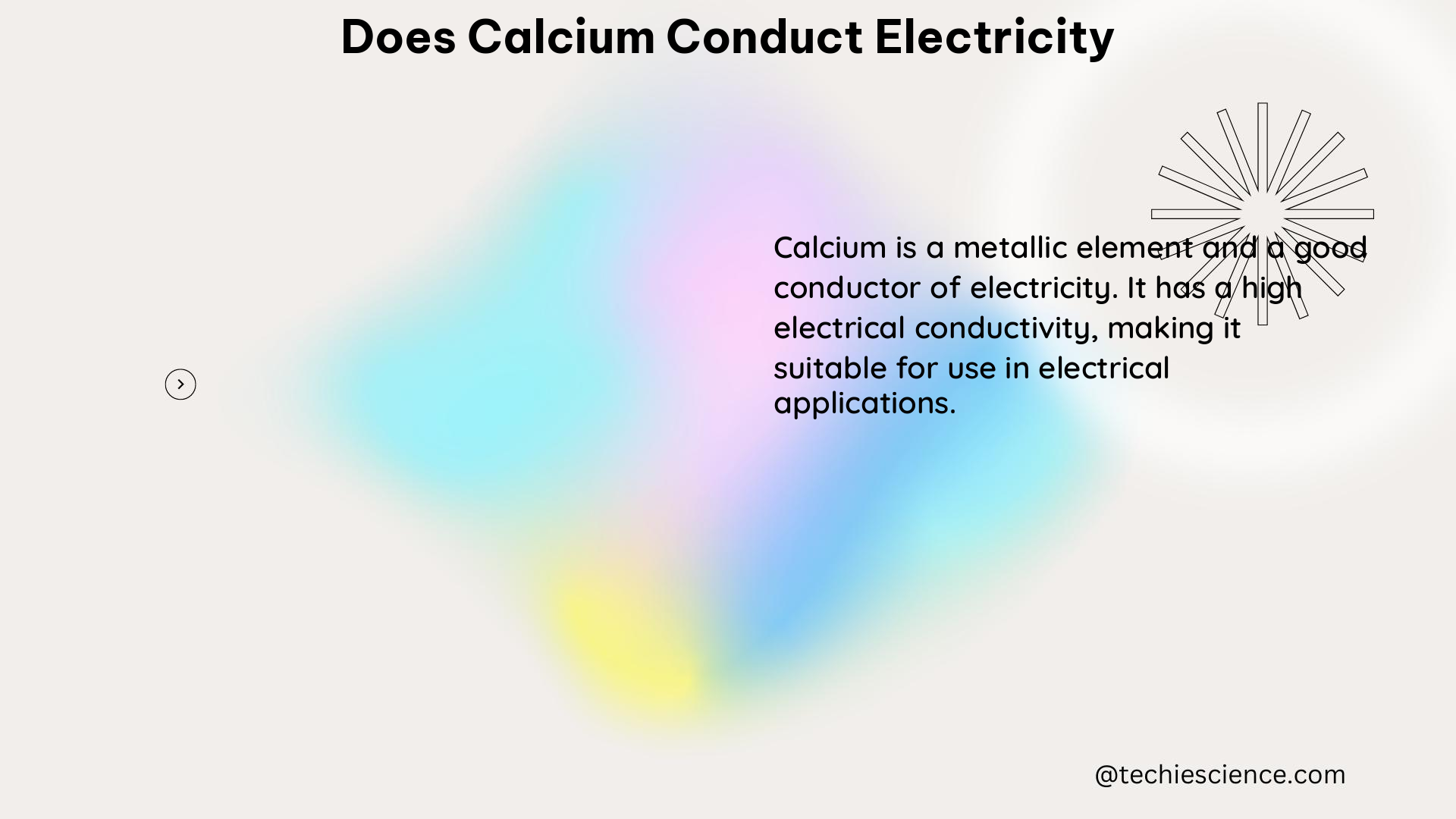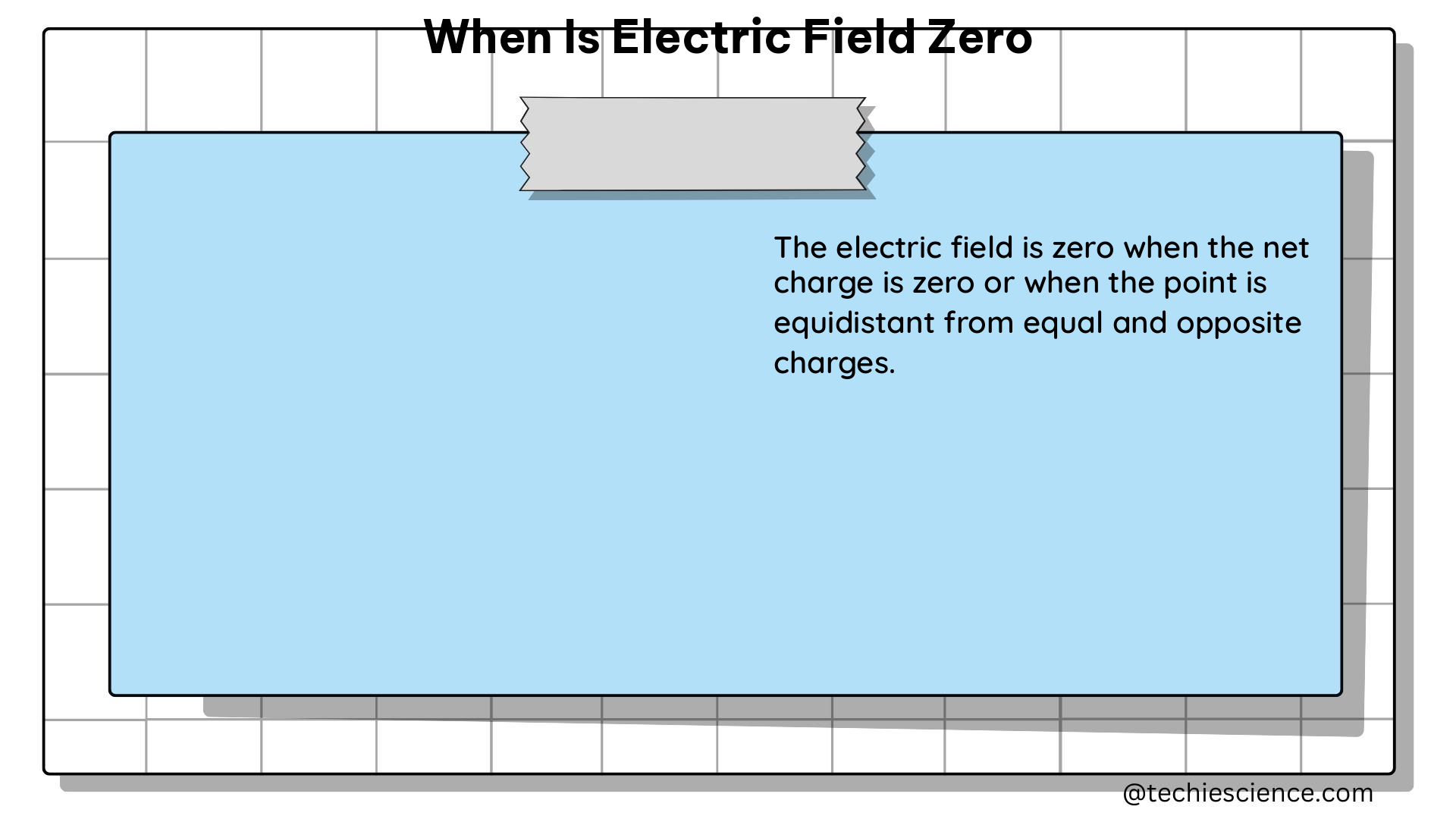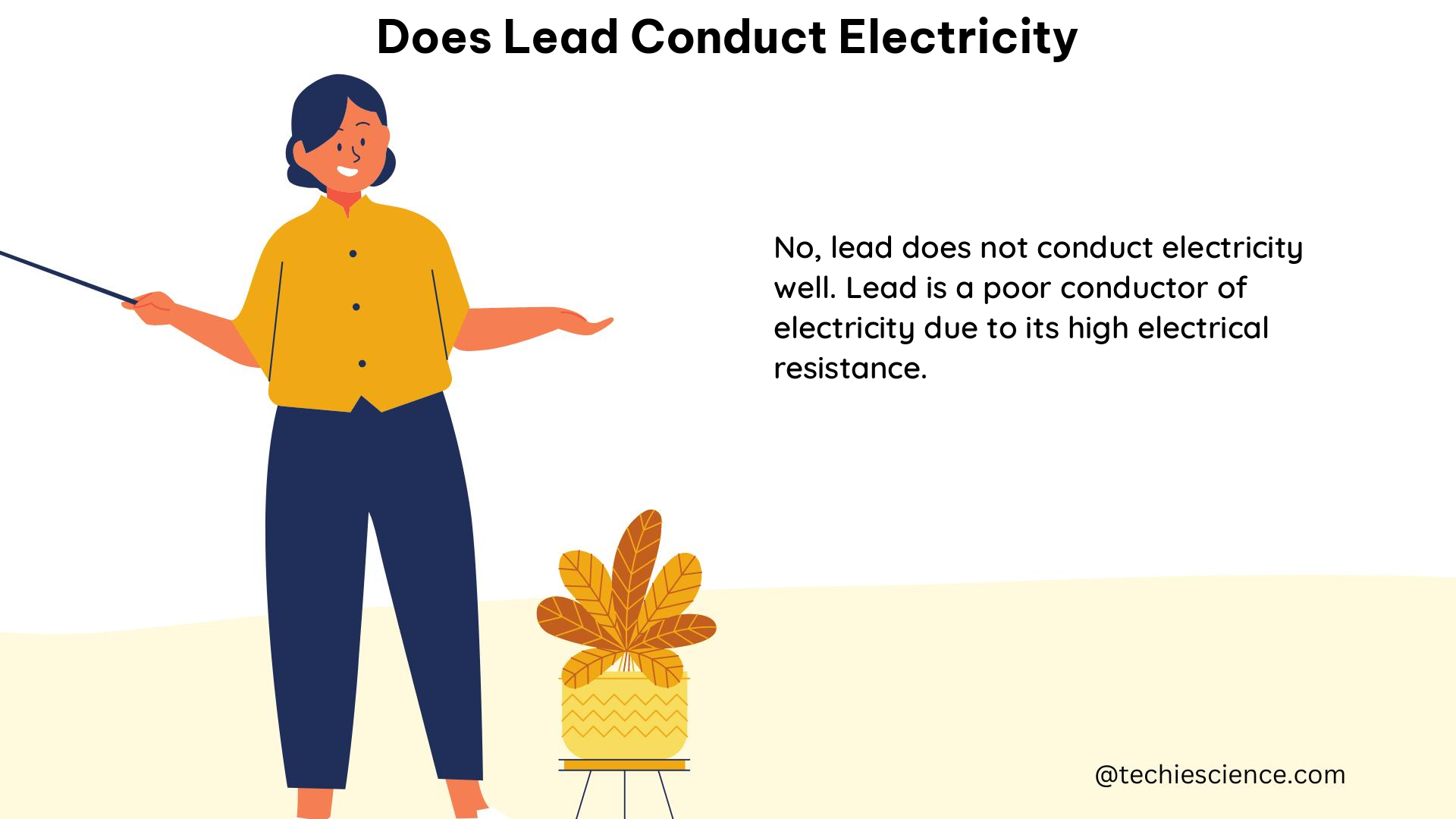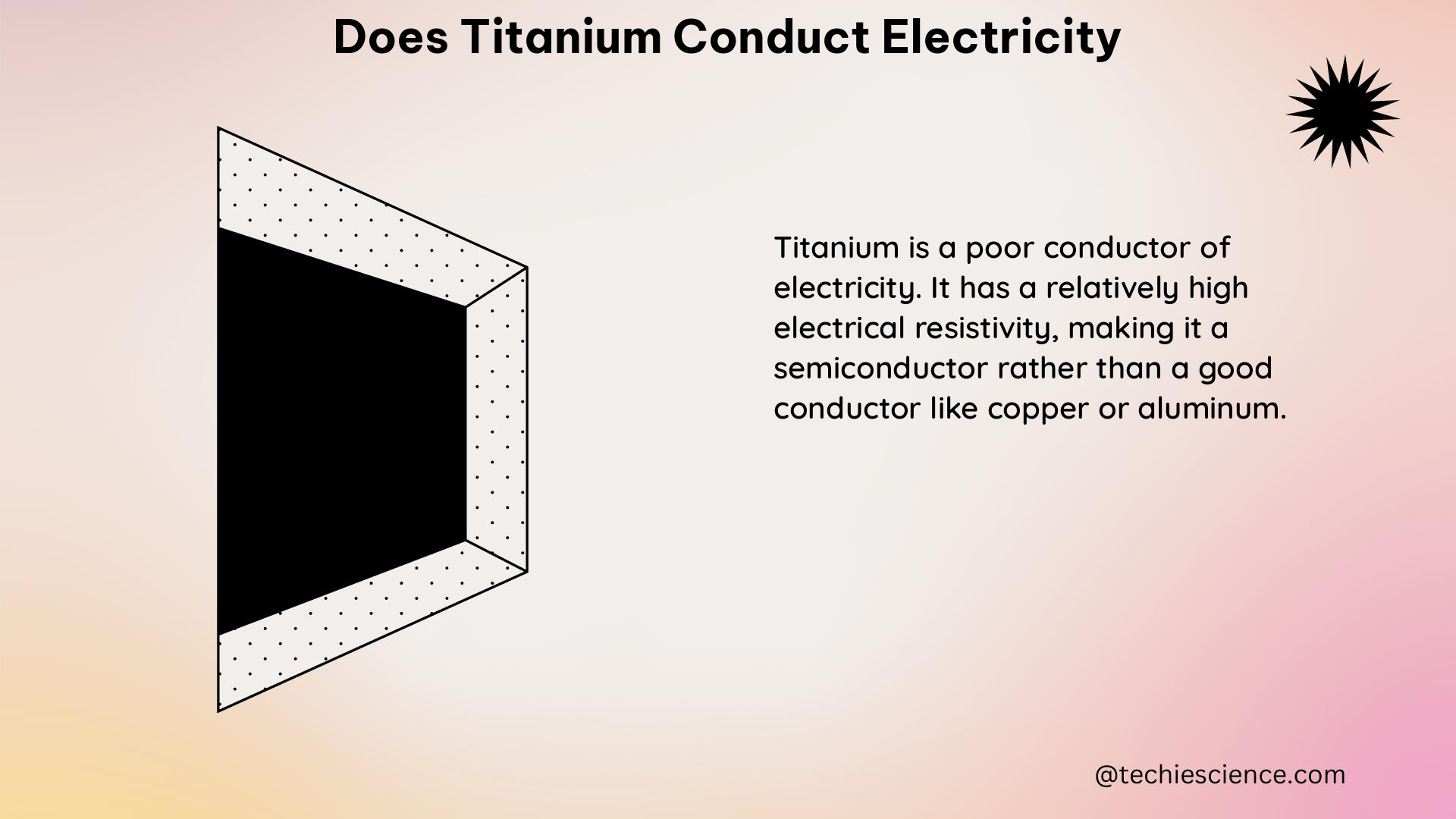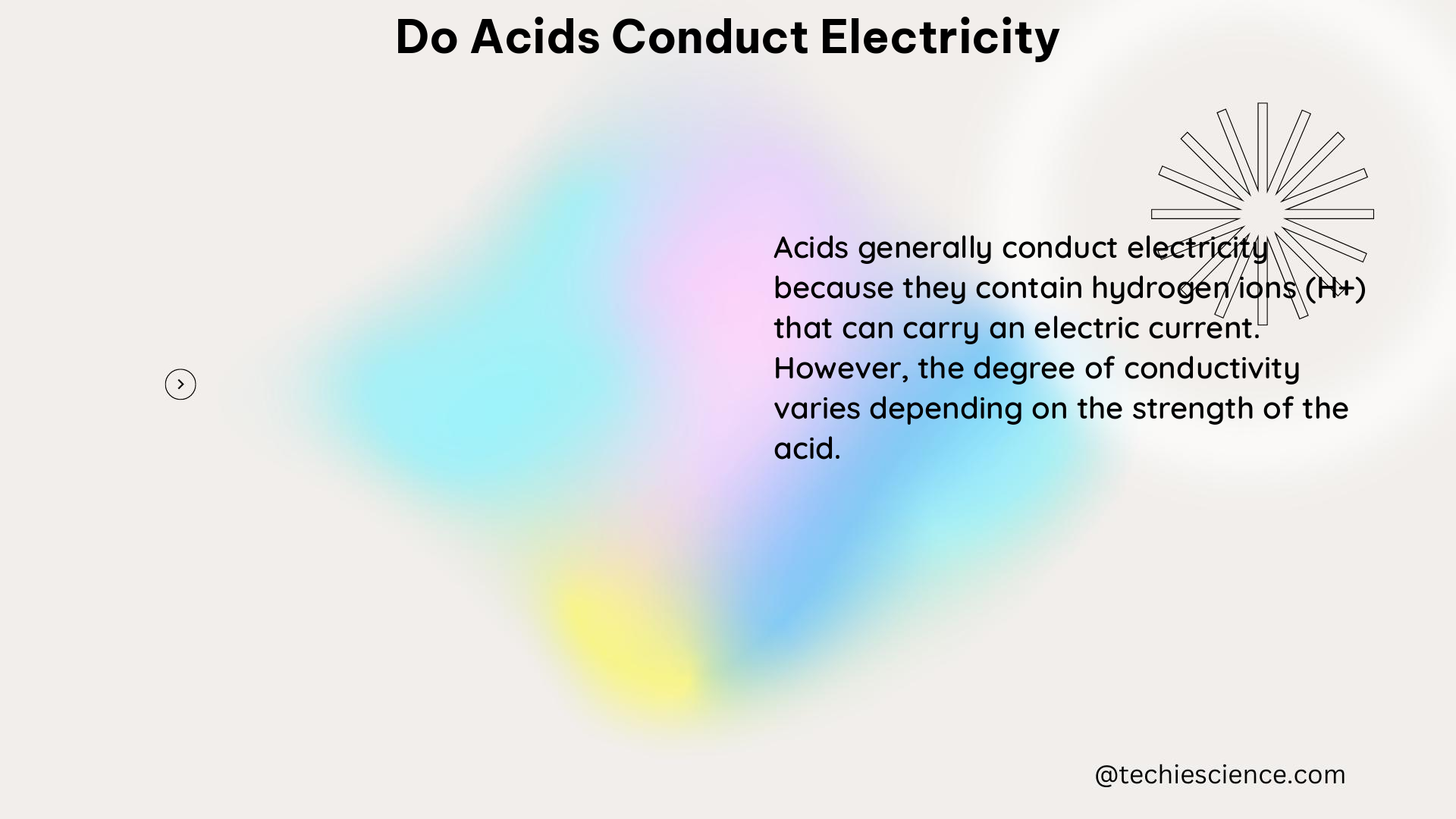Does Pyrite Conduct Electricity?
Pyrite, also known as fool’s gold, is a mineral composed of iron disulfide (FeS2) that has been extensively studied for its electrical properties and potential applications in various industries. Understanding the electrical conductivity of pyrite is crucial for its utilization in electronic devices, energy storage systems, and other technological applications. Electrical Resistivity of Pyrite The … Read more

